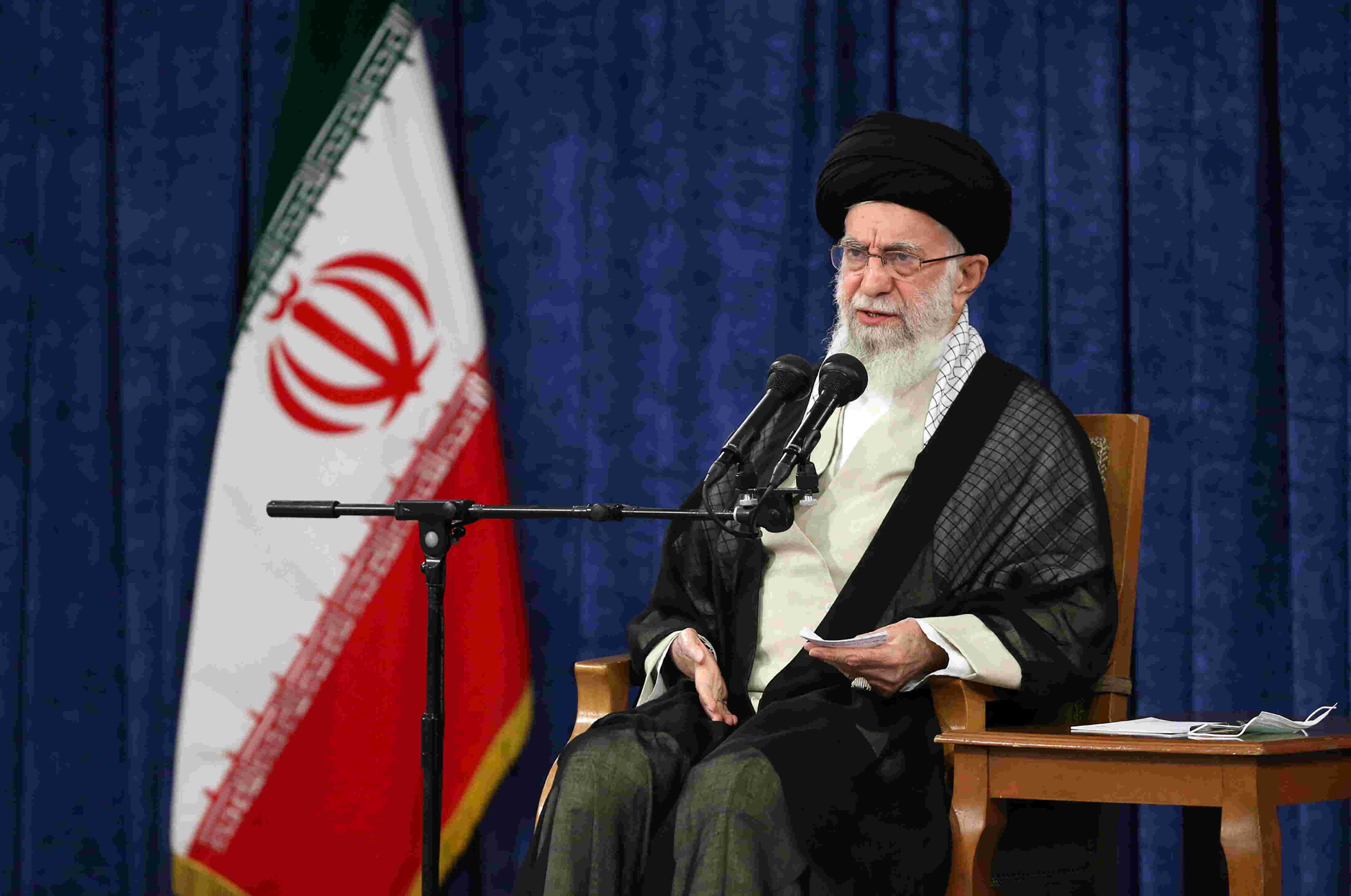In a restive state
Iranian regime’s failure in understanding the potential fallouts of Amini’s death has caught it in a pickle, and adversaries are keenly looking for opportunities

Historically speaking, Iran has always been in the news for conquests, culture, enriching history, Sufism and many more things. However, currently, the country with predominant Shia population is going through a phase of tumult in the aftermath of in-custody death of a 22-year-old Iranian Kurd woman, Mahsa Amini. Amini died, allegedly, under morality police custody when she and hundreds of other women protesters were agitating on the controversial Hijab issue. Amini was charged by the morality police for not appropriately adhering to the mandatory hijab regulations required by the Iranian authorities. This death led to countrywide protests, drawing international condemnation from human rights and women activists' groups. It appears that the Iranian state failed to anticipate that Amini would die in custody and the country would end up in such a turmoil that it would find it difficult to extricate itself from. It's intelligence setup also failed to assess and analyze the upcoming disturbances
Meanwhile, Iranian state machinery has intensified counter demonstrations to neutralize the ongoing protests in Tehran and other parts of the country. They have also stepped up media campaigns, extensively using social media condemning "recent riots and the crimes of seditionists". Iran's top leadership has also gone on record accusing the US and Israel for fomenting disturbances to topple the regime in power. It is highly unlikely that there would ever be enough evidence to prove US and Israel's complicity in the ongoing agitations, but it is certain that the US and Israel in particular, and other Western countries not favourably disposed towards Iran in general, are following the developments with keen interest and would possibly welcome more turbulence — political and military — in Iran, principally to i) see it weakening ii) adversely affecting its nuclear programme and iii) to ensure that Iran continues to remain on the backfoot so that its detractors rob Iran of any breathing space.
Interestingly, Iran's state media apparatus has embarked upon a widespread propaganda that the deceased (Mahsa Amini) was suffering from a cerebral malady which caused her demise — and not the excesses perpetrated by the law enforcing authorities. However, this defensive argument appears far from convincing and has further fueled the agitations. In order to control the damage, the Iranian government has also released on bail over 500 accused of participating in the demonstrations, but that has also not helped. So far, hundreds of protestors have died during the current demonstrations and there is no sign of any abetment in the spiraling ire against the government. In fact, it is gaining momentum with extraordinary alacrity in the fifth week of the disturbances.
On the international front, the European Union (EU) joined the US in warning that it was set to impose tough new sanctions on Iran in the bloody crackdown. Reacting to this, the Iranian Foreign Minister Hossein Amir-Abdollahian warned the EU that it could then face a reciprocal action. Iran has also summoned the British Ambassador to Tehran, Simon Shercliff, against what it described as meddlesome statements.
As of now, protests are mounting, and many foreign countries including France, Sweden, Norway, Poland etc. have issued strong travel advisories, asking their citizens not to travel to Iran due to the adverse security scenario. Either way, Iran is in a precarious situation and if the conditions go out of control, its regime may have to walk several extra miles to salvage the aftereffects of the crises. The US and Israel, and possibly Saudi Arabia, are waiting in the wings to see that Iran's fragility slips into an abyss so that their covert operations targeting Iran may see a spike.
In a separate development, not directly connected to the ongoing protests, Iran's powerful and most prestigious Islamic Revolutionary Guard Corps (IRGC) posse of guards were attacked on September 30 at a mosque in Zahedan, capital of Sistan-Baluchestan province. This was very demoralizing at a time when tempers are fraying in the country and there is no external traction whatsoever by any major country. IRGC was dealt a deadly blow earlier nearly two years back when its top Commander Gen Qassim Soleimani was killed by the Americans at Baghdad. So, we notice a pattern in targeting the elite IRGC when the boiling cauldron is full up to the brim and the people, especially the women, have taken to the streets challenging the government.
On Iran's part, the leadership needs to display some flexibility by allowing the liberals some space to give vent to their bottled-up frustration. In all probability, a theocratic state like Iran cannot afford to put civil liberties on a tight leash. The resultant outburst of the ongoing agitation might impair the present dispensation as Iran is conspicuously friendless, with the US, Saudi Arabia and Israel openly terming it as a terrorist country. Also, in the absence of a precious credibility, the current state of affairs seems combustible enough to harm the country's interests. Its neighbours — Afghanistan, Pakistan and Iraq — are saddled with multiple complex problems of their own. The amiss on Iran's part was perhaps to have underestimated its women's power. This lapse is now proving costly.
The writer is a retired IPS officer, a security analyst and a former National Security Advisor to the PM of Mauritius. Views expressed are personal



